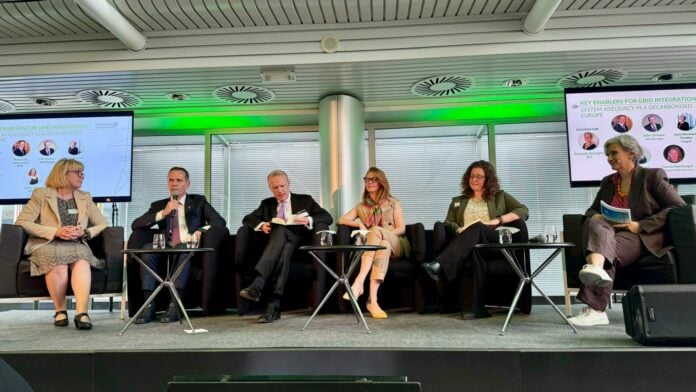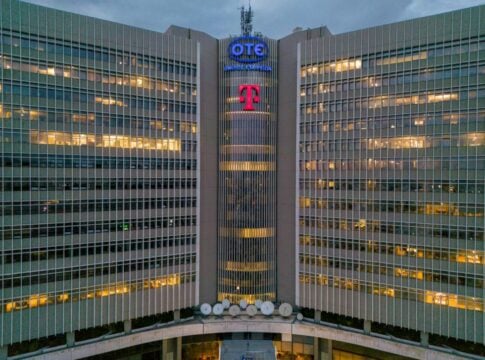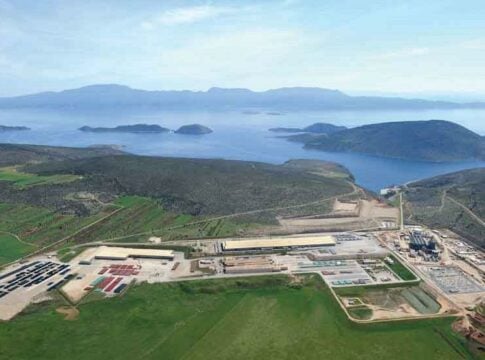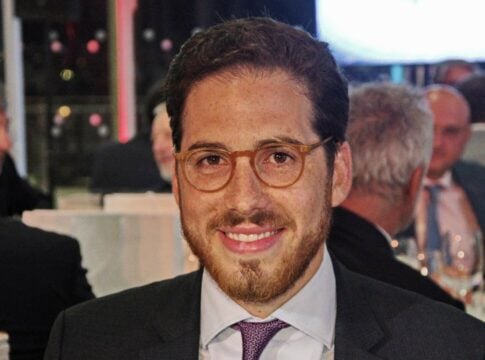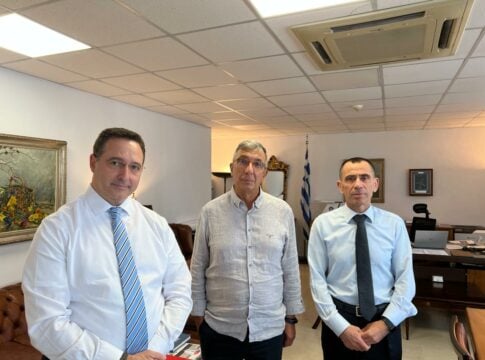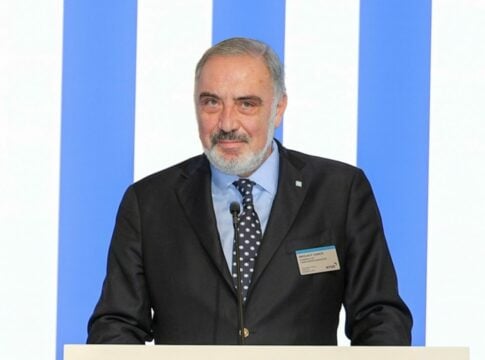The need for institutional dialogue between governments, operators and regulators in order to outline the strategy regarding the next steps towards the development of electricity networks was highlighted by the President and CEO of IPTO, Manos Manousakis, during his presentation at the annual conference of the Renewables Grid Initiative “The Big Switch” held in Brussels.
Manousakis referred to the need to promote institutional reforms for the timely implementation of critical energy projects. As he said, among other things, additional financing and regulatory incentives will be needed in order to support the growing demands for new electrical infrastructure, which will need to be implemented quickly and on an unprecedented scale.
On this basis, he commented that the regulatory framework in relation to the financing of network development projects may need to be reviewed, noting that if such a reform proceeds, the necessary guarantees should be implemented to ensure the independence of the operators and the rapid construction of the projects, which he described as essential for the strategic autonomy of the continent.
The head of IPTO pointed out the criticality of protecting electrical infrastructure across the European continent, from the Baltic to the Eastern Mediterranean, citing Turkey’s attempt to obstruct seabed surveys for the Greece-Cyprus-Israel Great Sea Interconnector project, in July 2024. He also stressed the importance of exchanging know-how between operators to deal with serious incidents, such as the recent blackout in Spain.
Priorities in Greece
As for Greece, Manousakis proposed as key priorities for IPTO digitalization, the integration of island networks, as well as the strengthening of international interconnections. He added that continuous cooperation and dialogue with the local communities in which the operator operates is a critical parameter for the smooth progress of projects that are necessary for the safe supply of electricity to consumers.
Regarding the domestic penetration of RES, Manousakis explained that the country is on track to achieve the ambitious energy goals it has set earlier than the 2030 milestone. He added that the operator is now proceeding with green electricity generation cuts based on the security of the electrical system, which, as he said, are not related to grid congestion but to low demand.
He assured that IPTO will continue to do everything possible for the rapid development of the system in order to expand the available electrical space. In the direction of the green transformation of the energy mix, he recalled that the operators are committed by the European Commission to continuously connect new RES units, emphasizing the difficulty of the effort to complete the institutional interventions promoted by the Commission to manage the issue.
Manousakis also referred to the importance of improving the remote control of all RES, aiming at the safer load distribution in conditions of geographically dispersed electricity generation. In this context, he underlined the need for Cumulative Representation Bodies to acquire the technical capability to control the groups of units they represent, as if they were an entity, like the distributed units in the transmission system.


